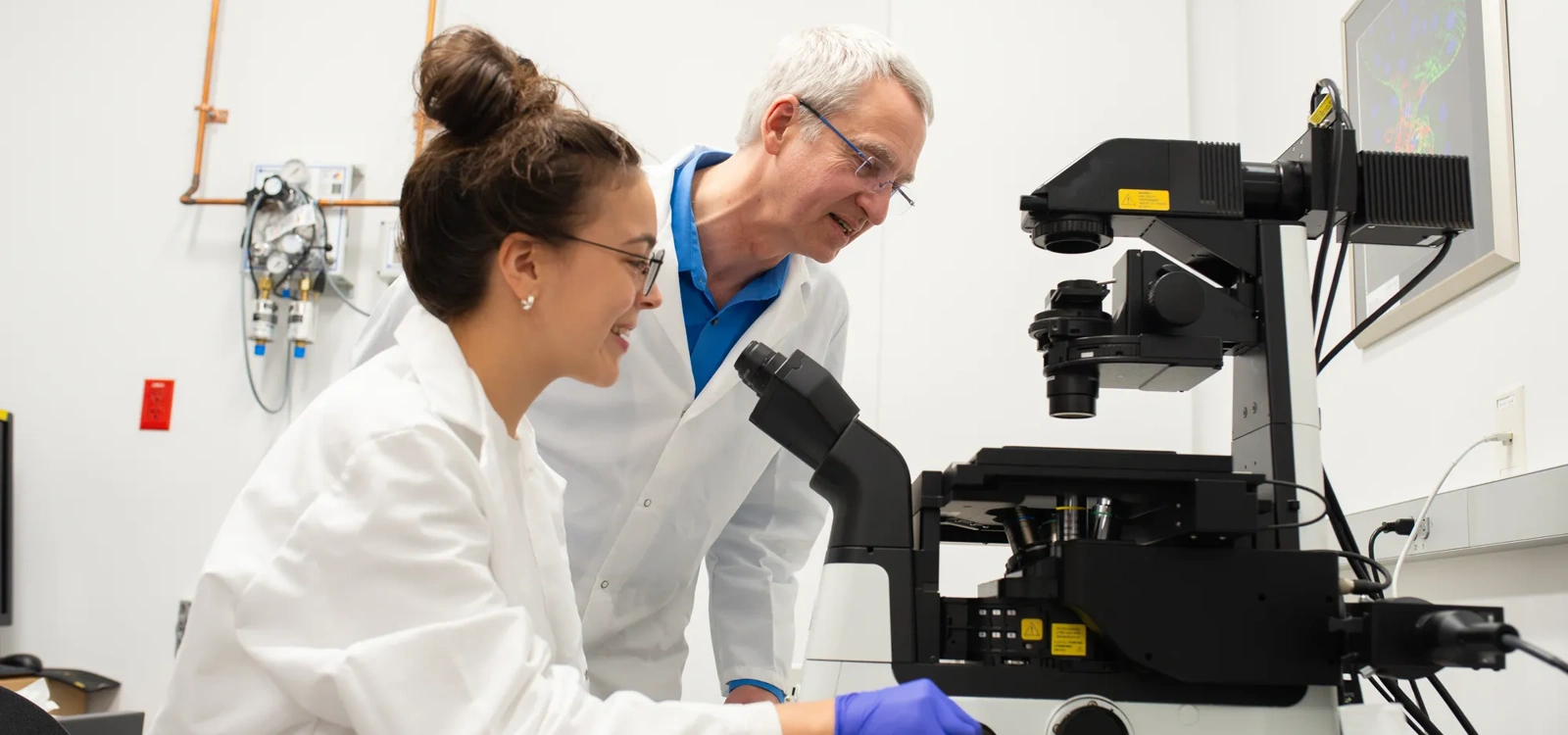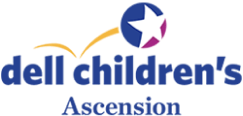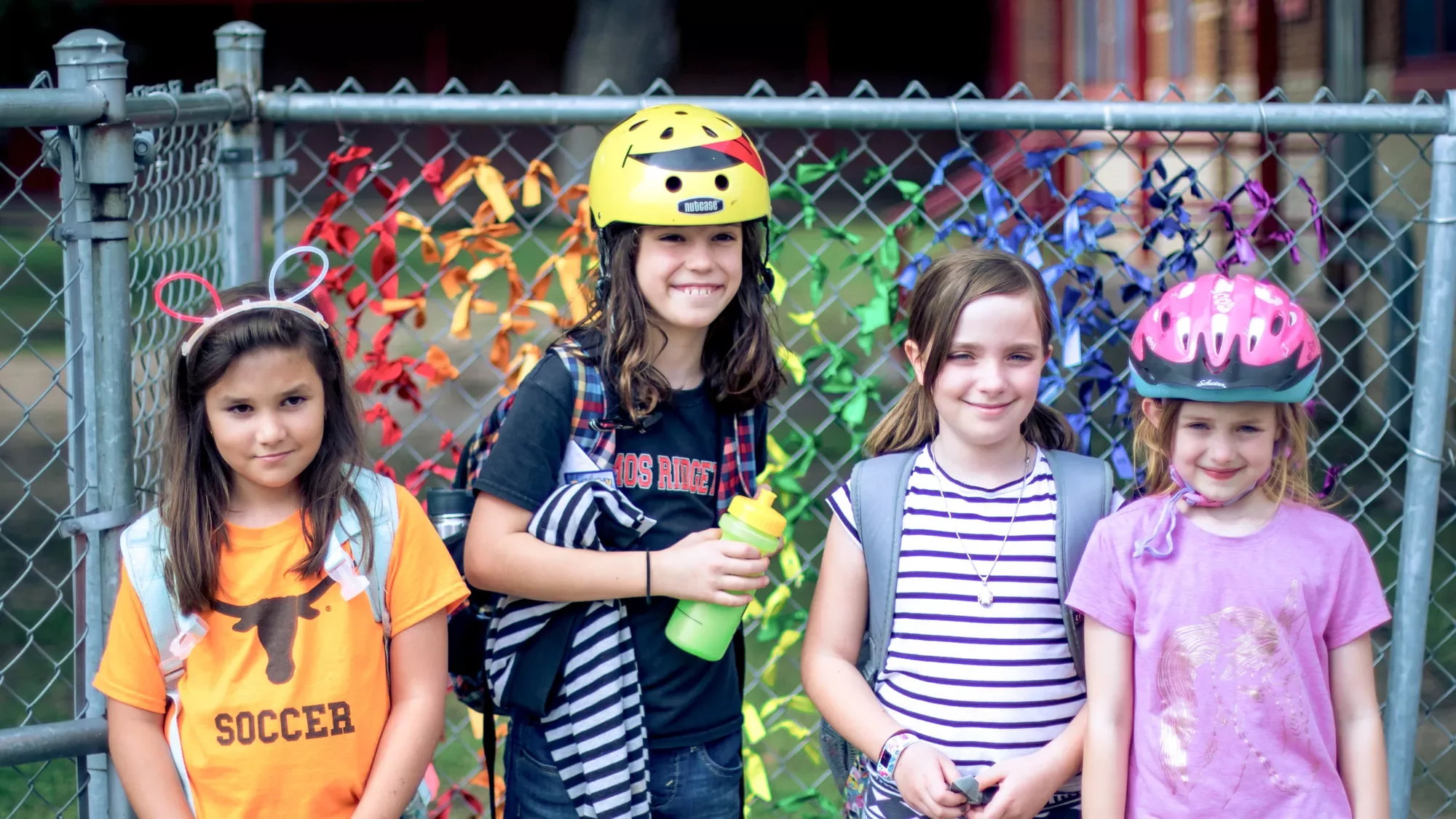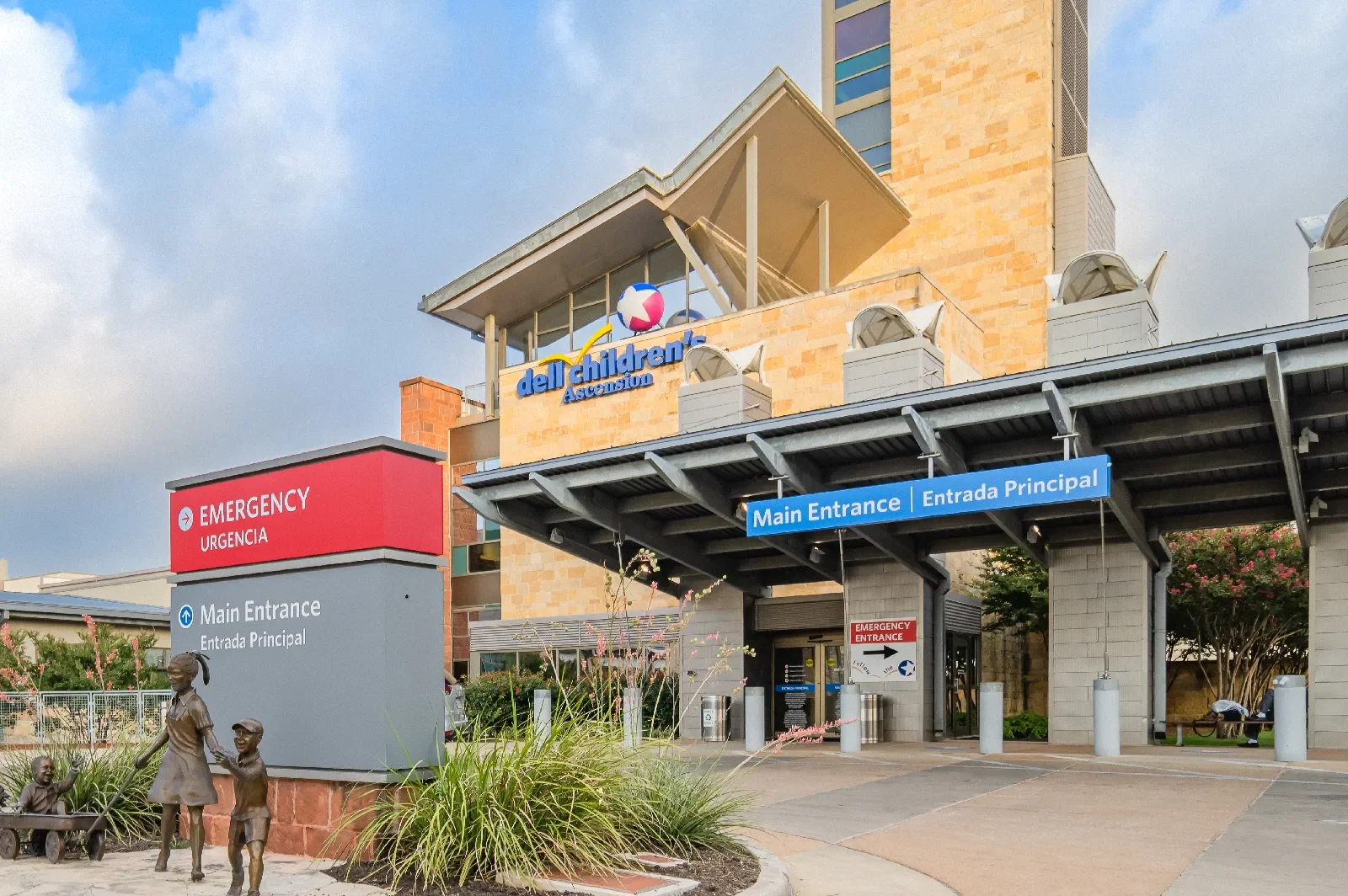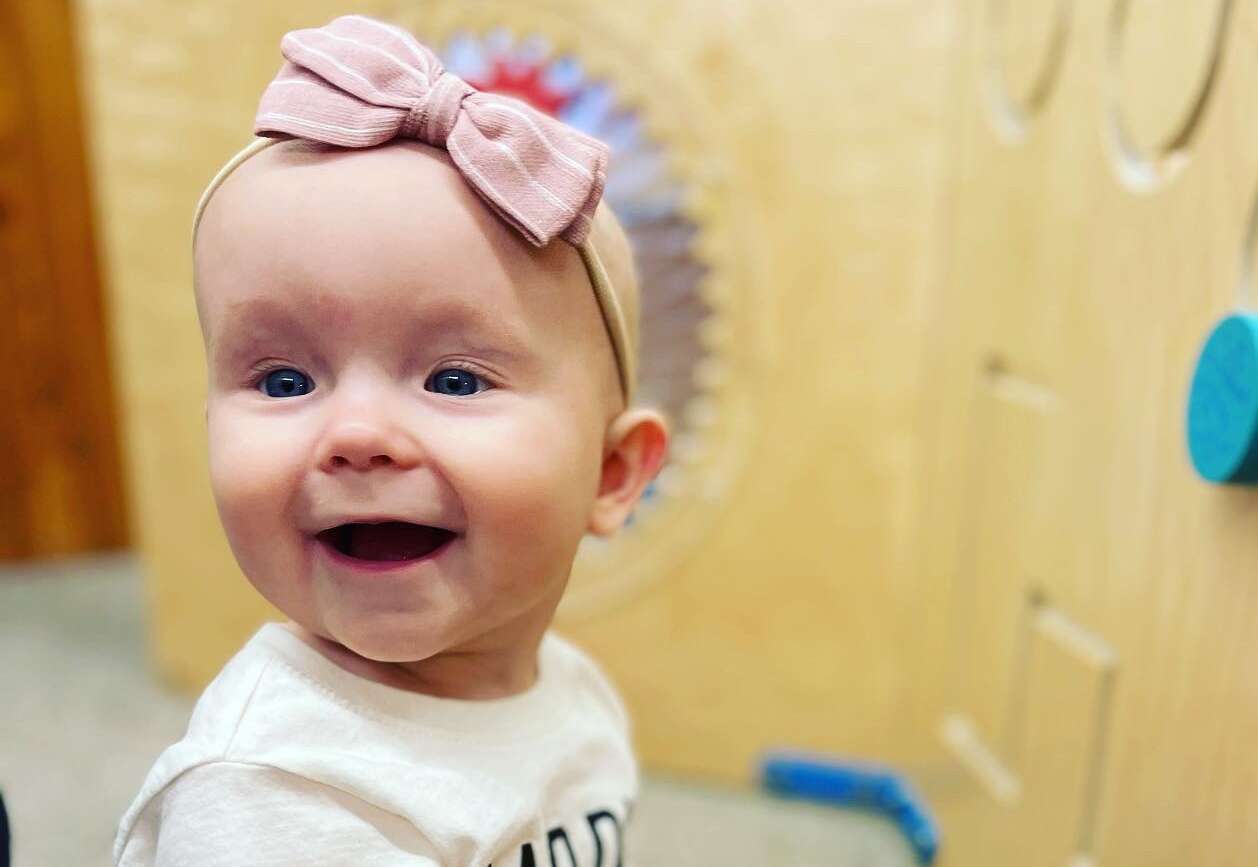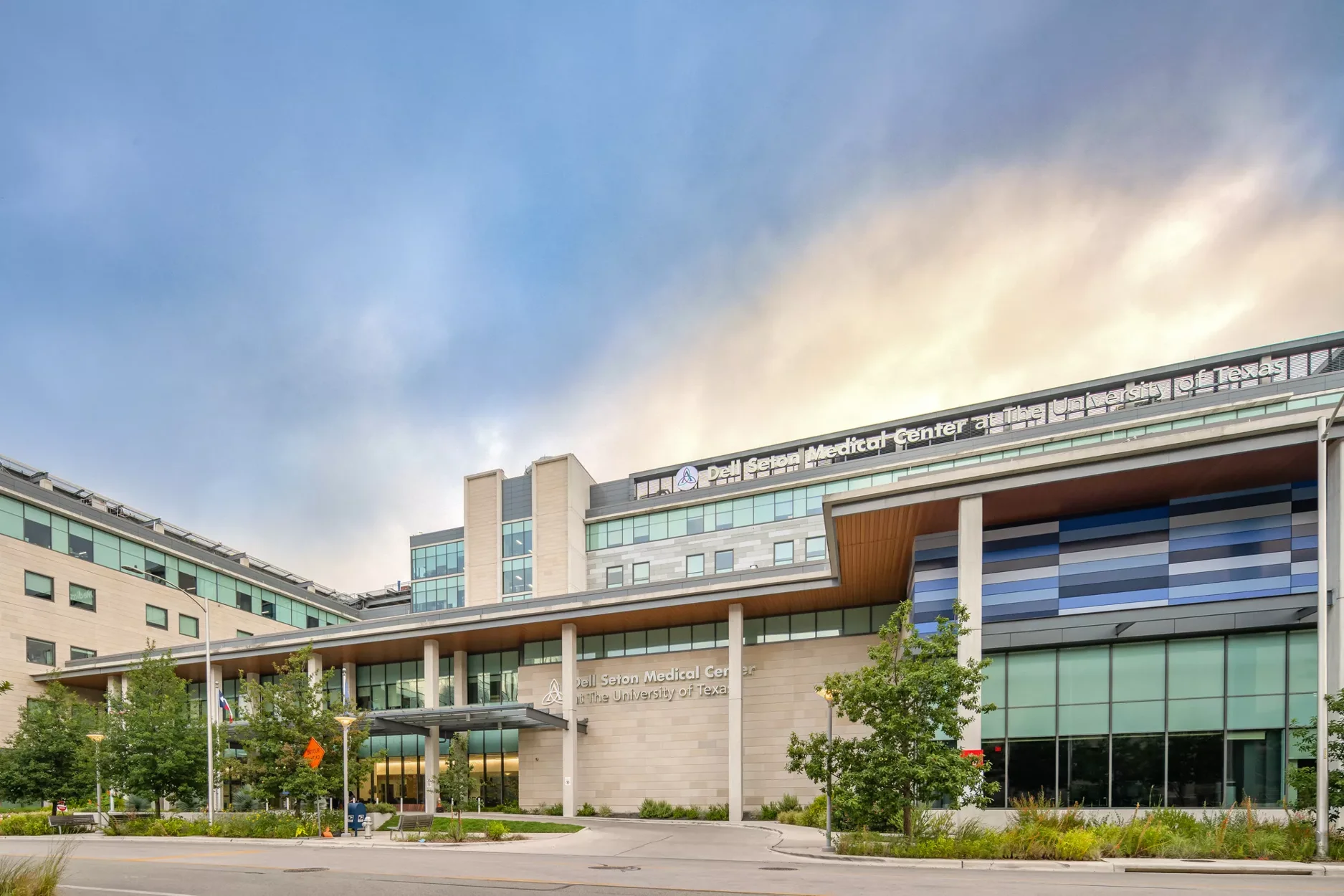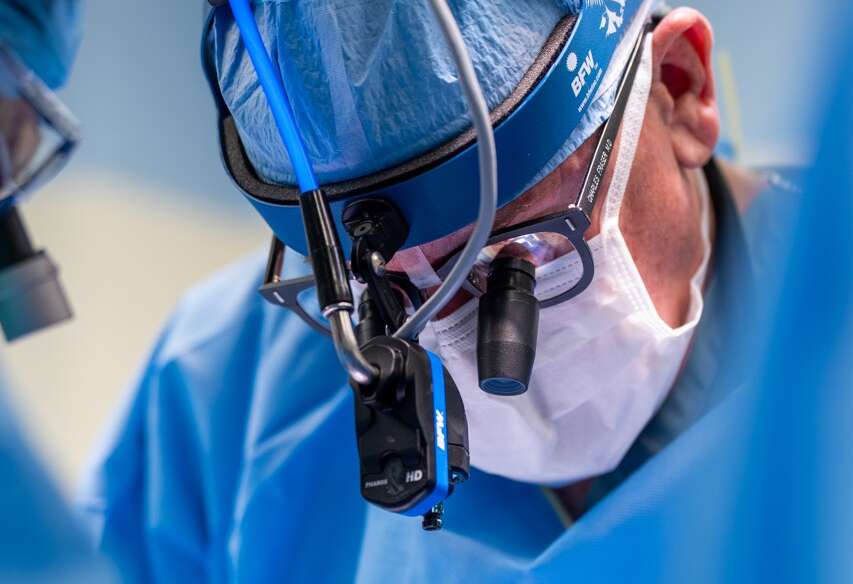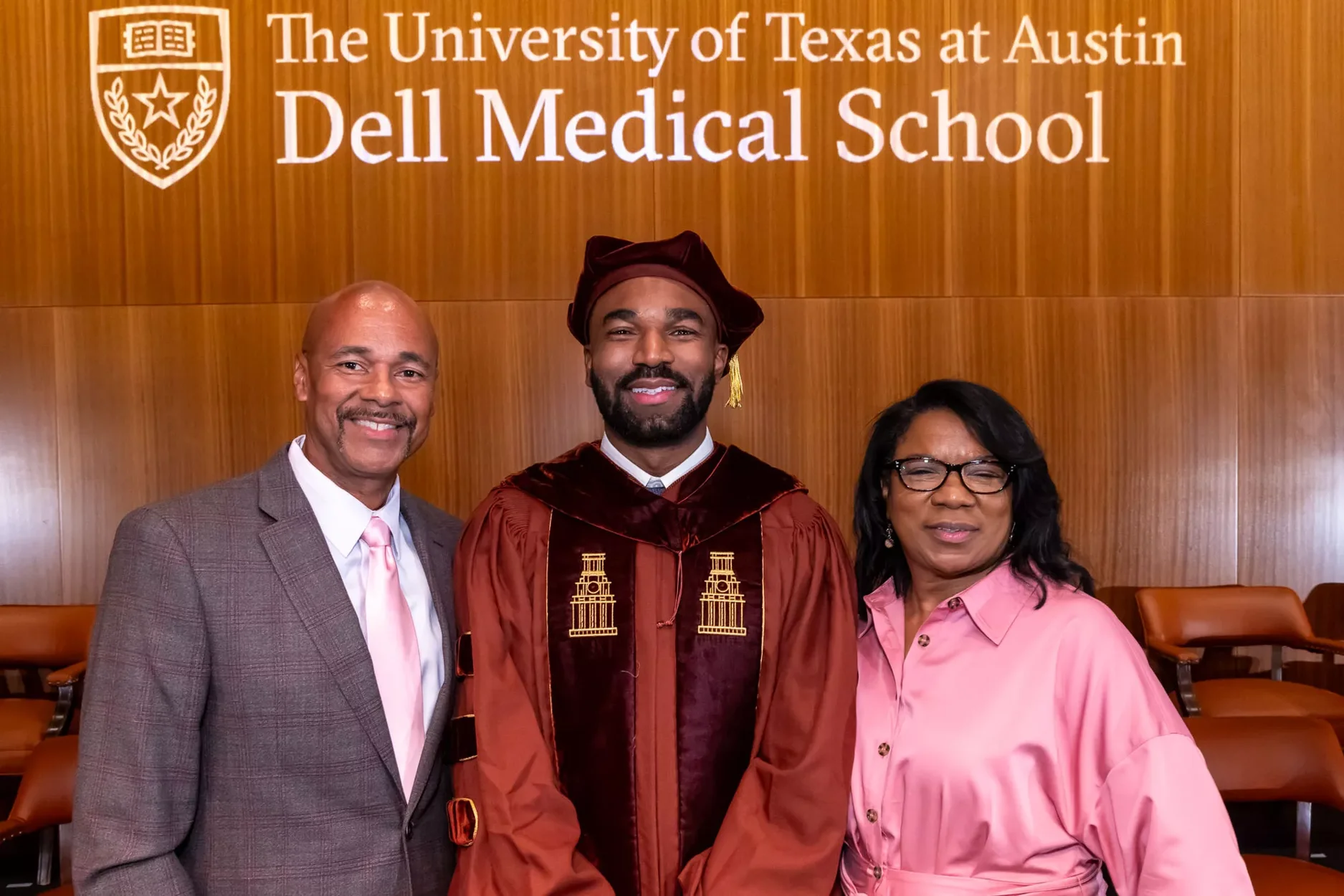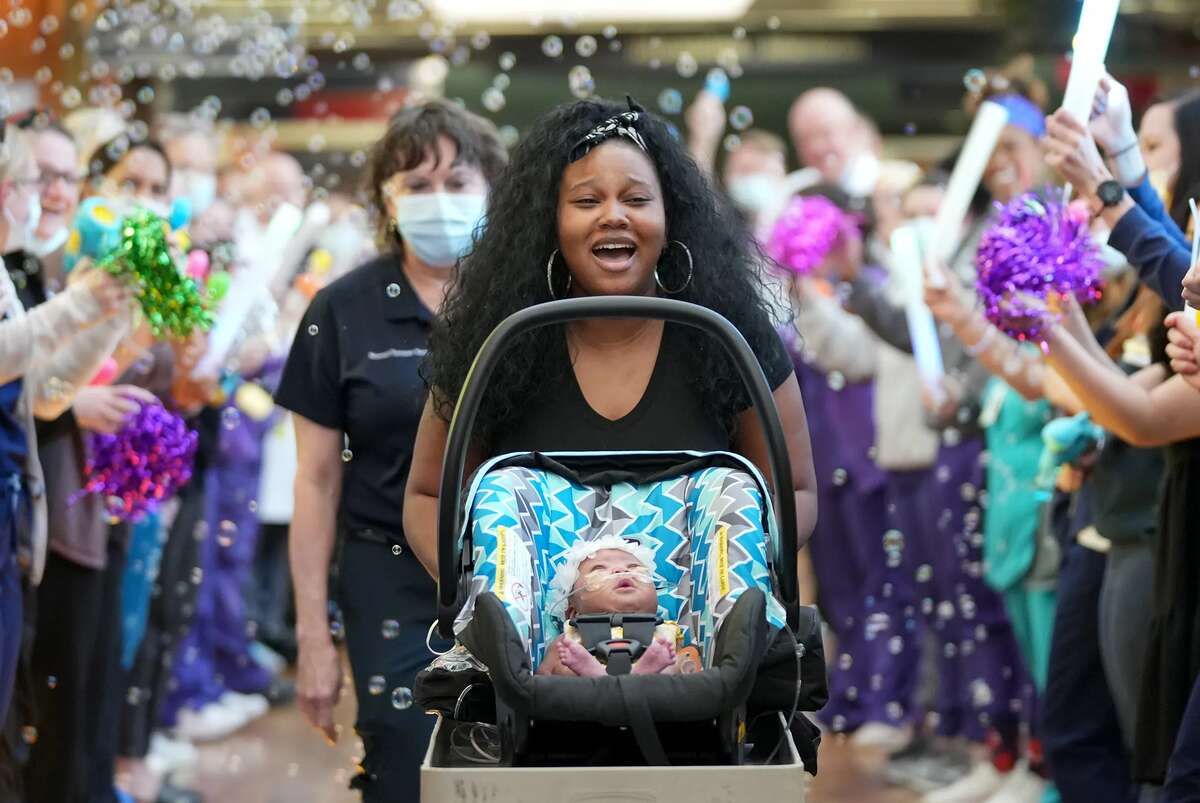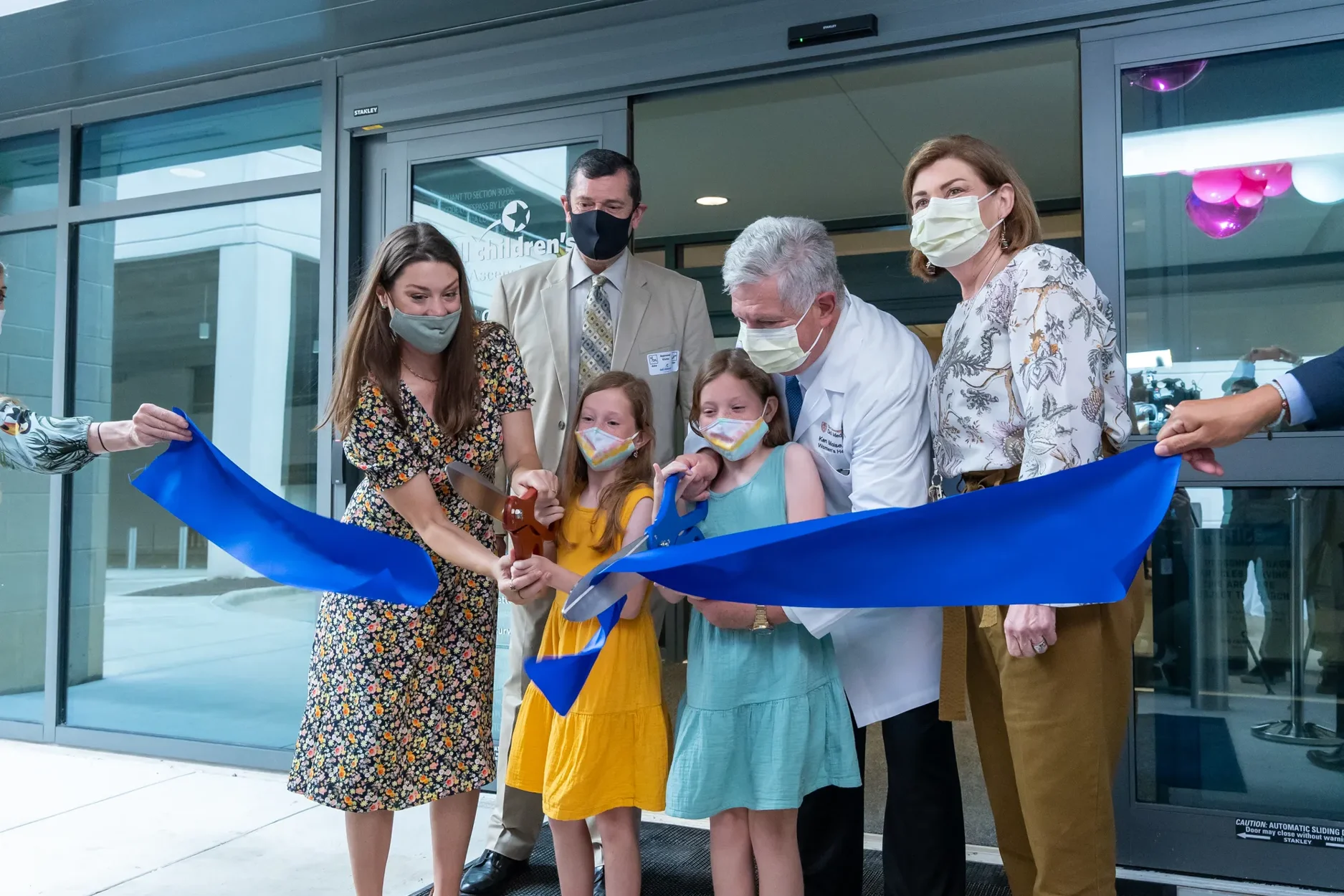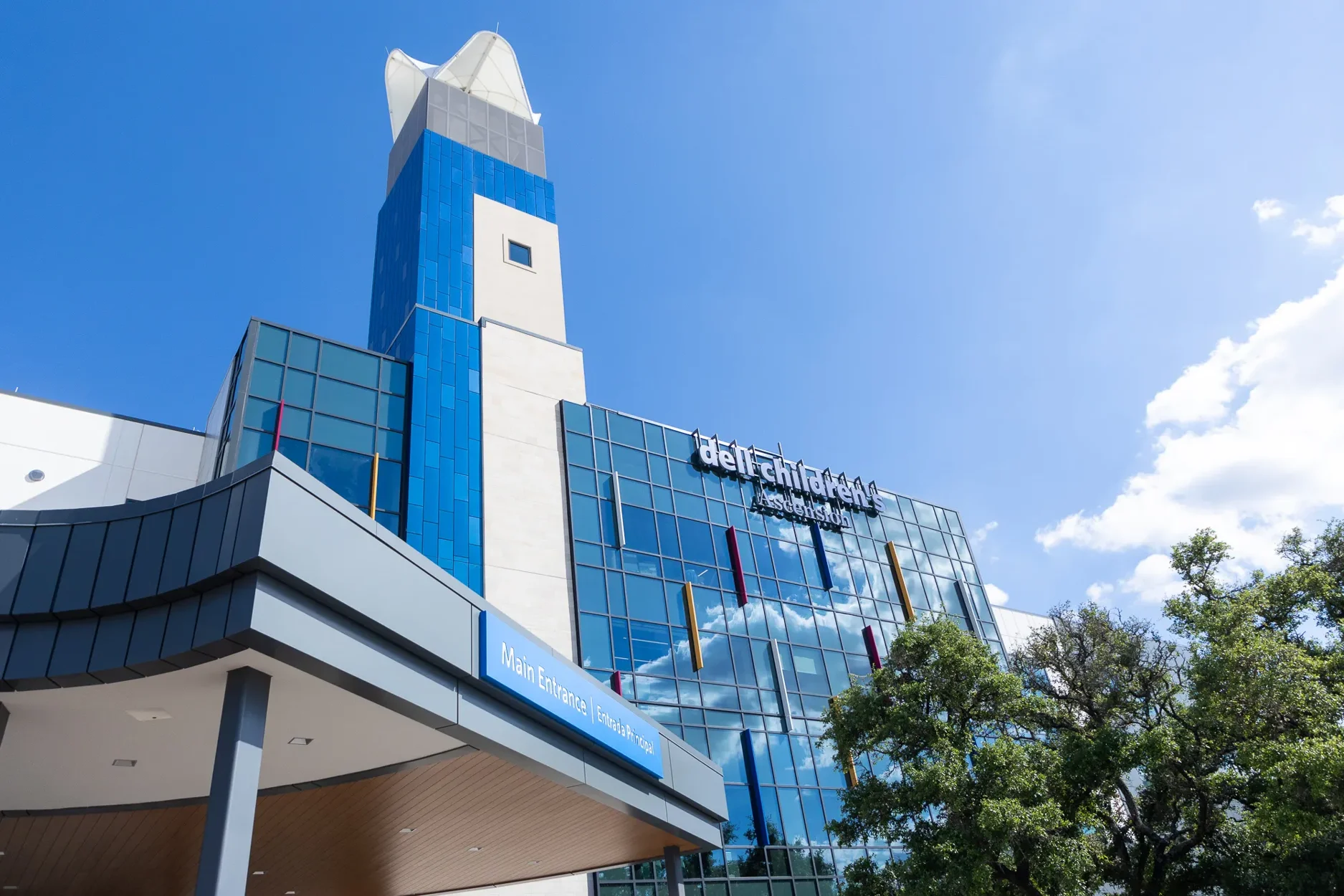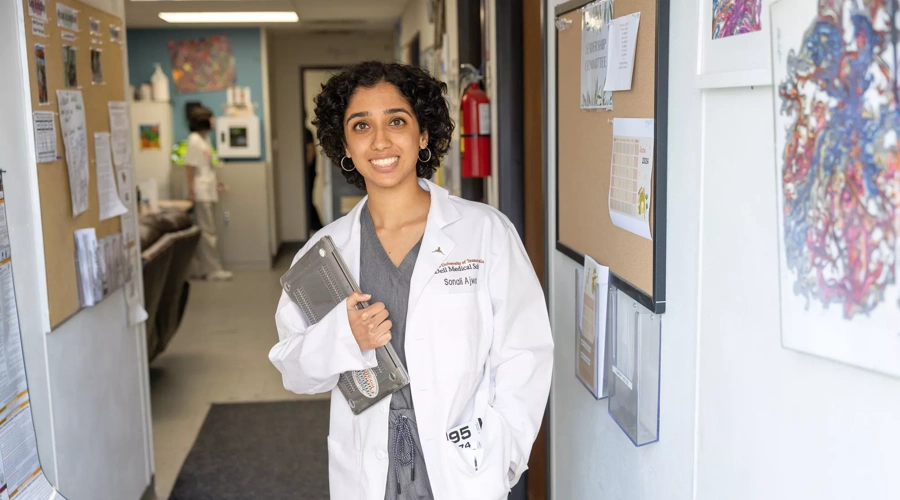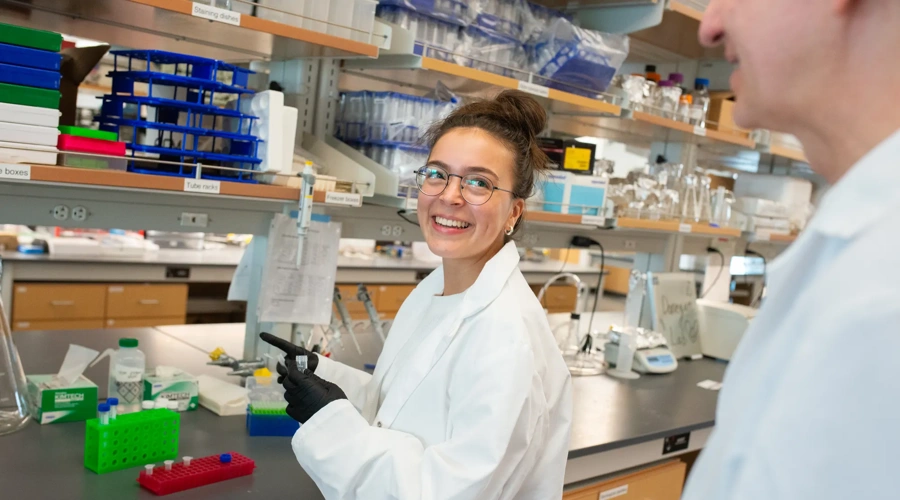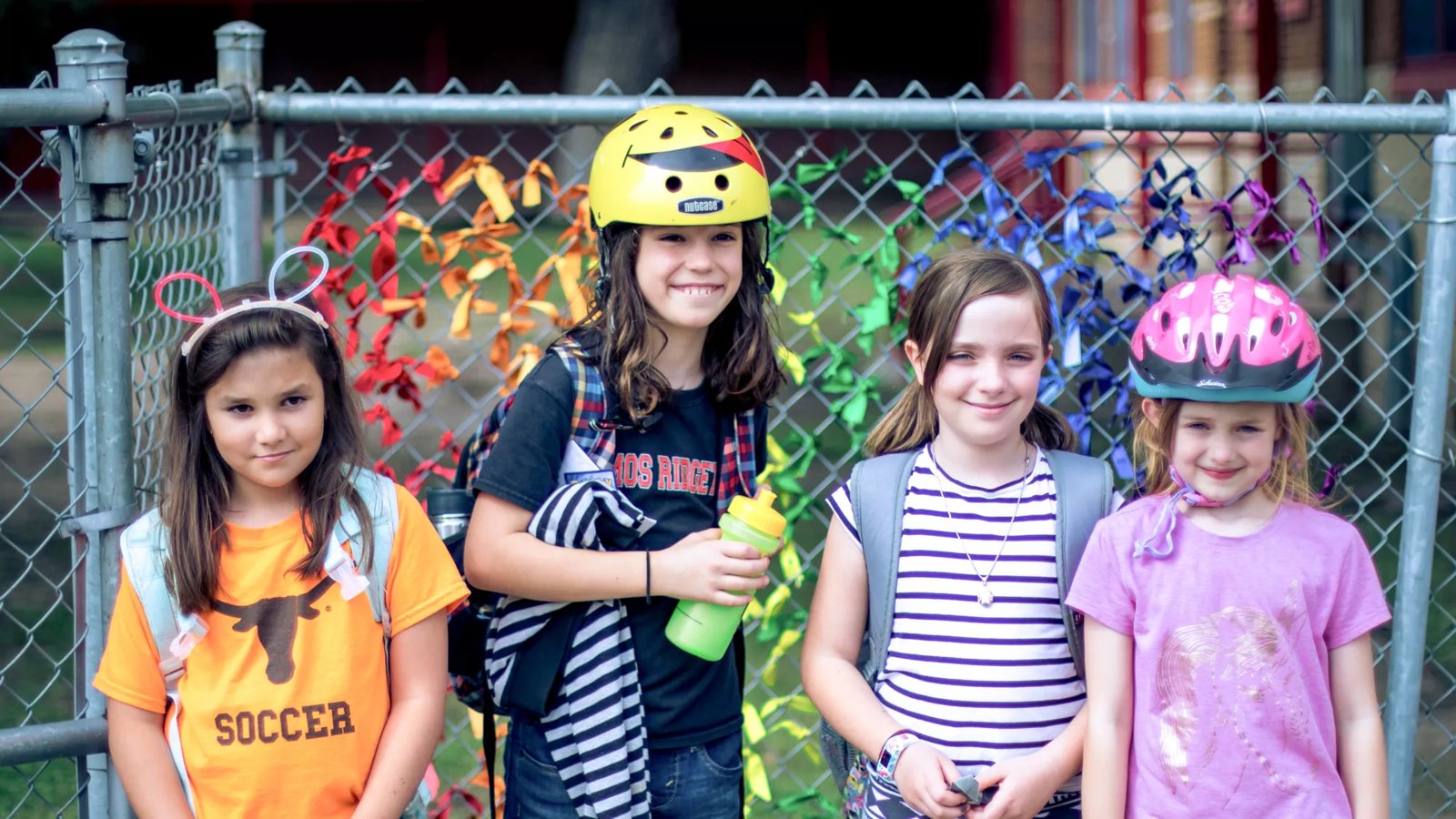As Greater Austin’s population has grown, so has demand for access to exceptional medical care. By partnering with Austin’s top practitioners and health care institutions, we are creating a medical system that meets Austin families’ needs — from world-class transplant and surgery centers to new care models that expand community access to preventive care and treatment options.
From India to Austin: A Dell Med Student’s Mission to Expand Health Care Access
